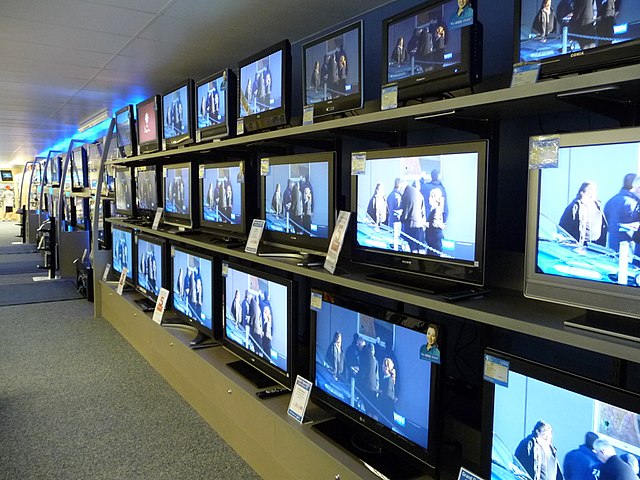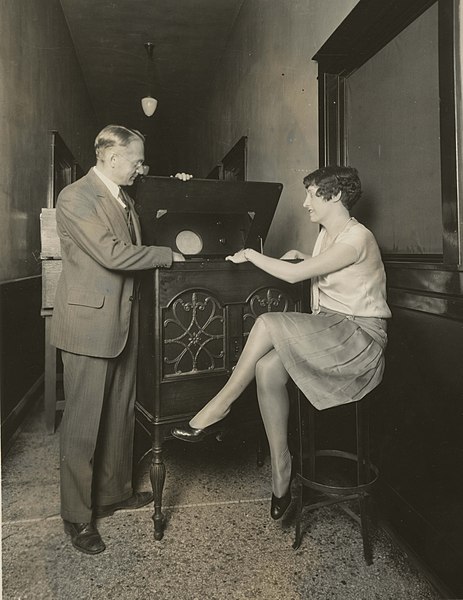Infinite photos and videos for every Wiki article ·
Find something interesting to watch in seconds
Great Museums
Famous Castles
Celebrities
Animals
Great Artists
Tallest Buildings
Recovered Treasures
Best Campuses
Sports
Crown Jewels
Great Cities
Kings of France
Presidents
History by Country
Wars and Battles
British Monarchs
Rare Coins
Countries of the World
Richest US Counties
Wonders of Nature
Ancient Marvels
Supercars
Orders and Medals
Largest Empires
Largest Palaces
World Banknotes
more top lists







